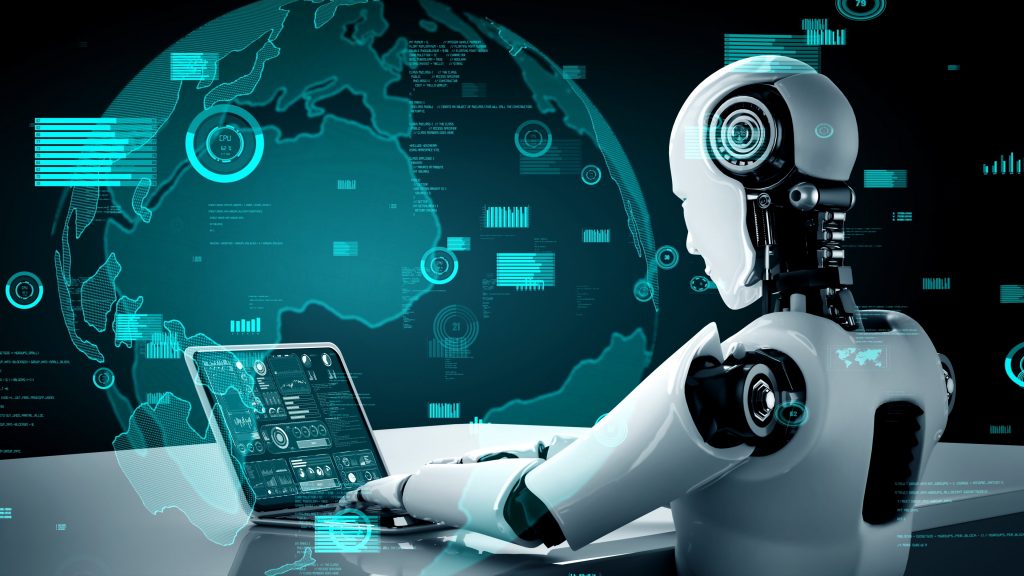
Artificial intelligence (AI) has transformed the way people interact with technology, and its applications are becoming more common. Coaching services is one business that has witnessed an increase in the application of AI. AI coaching services provide a variety of benefits, including individualised instruction and accessibility, but they also have the potential to reduce coaching quality. As coaching grows more reliant on AI technology, it is critical to assess the possible negative consequences and ensure that AI is utilised in a way that improves the coaching experience for clients.
In this article, we will explore the potent negative impact of AI on the quality of coaching services, including the dehumanization of coaching services, the lack of personalization and customization, bias and inaccuracy in AI coaching, and privacy and security concerns. By understanding these potential negative impacts, coaching services can take steps to ensure that their use of AI enhances rather than detracts from the quality of coaching they provide.
The Potent Negative Impact of AI on the Quality of Coaching Services
The Artificial intelligence (AI) technology continues to advance, more and more industries are exploring how it can be integrated into their services. One industry that has seen a rise in the use of AI is coaching services. However, while AI may seem like a useful tool for coaches to enhance their services, it also has the potential to negatively impact the quality of coaching.
The Dehumanization of Coaching Services
One of the main negative impacts of AI on coaching services is the dehumanization of the coaching experience. Coaching is a highly personalized service that involves building a strong connection between the coach and the client. However, with AI, there is no human connection or emotional intelligence involved in the coaching process. This can lead to a less effective coaching experience for the client as they are not able to fully engage and connect with the coach.
Lack of Personalization and Customization
Another potential negative impact of AI on coaching services is the lack of personalization and customization. Coaching is a tailored service that is unique to each individual client. With AI, there is a risk that coaching will become more standardized and less personalized. This can lead to a less effective coaching experience for the client as their specific needs and goals may not be fully addressed.
Privacy and Security Concerns
Another potential negative impact of AI on coaching services is the issue of privacy and security. AI coaching services may collect sensitive information about clients, such as their personal goals, challenges, and struggles. This information may be vulnerable to data breaches, hacking, or other security threats.
Additionally, clients may feel uncomfortable sharing personal information with an AI coaching service, particularly if they are not confident in the service’s ability to protect their data.It can lead to a lack of trust in coaching services and may discourage clients from seeking help.
Coaching services must take measures to ensure the privacy and security of client data. This may involve implementing robust security protocols, such as encryption and multi-factor authentication, and being transparent with clients about how their data is collected, used, and protected. It is also important for coaching services to comply with relevant privacy laws and regulations to ensure that client data is handled appropriately. By prioritizing privacy and security, coaching services can help build trust with clients and provide a more effective coaching experience.
Conclusion:
In conclusion, while AI may seem like a useful tool for coaches to enhance their services,It also has the potential to have a detrimental influence on coaching quality. Some of the possible negative effects of AI on coaching include the dehumanisation of coaching services and a lack of personalisation and customisation. As a result, it is critical for coaches to carefully assess the use of AI in their services and to ensure that it is utilised in a way that adds rather than detracts from the coaching experience for their customers..
Another potential negative impact of AI on coaching services is the issue of bias and inaccuracy. AI is as good as the data it is trained on and the algorithms used to analyze that data. However, data can often be biased, and algorithms can be flawed. This means that AI coaching services may be providing inaccurate or biased advice to clients.
For example, if an AI coaching service is trained on data that is predominantly from a certain demographic group, such as white males, then it may not be able to provide effective coaching to clients from other demographic groups. This can lead to a lack of diversity in coaching services and may perpetuate biases and inequalities.
Additionally, AI coaching services may provide inaccurate advice if the algorithms used to analyze the data are flawed. This can lead to clients receiving advice that is not relevant to their specific situation or goals, which can be detrimental to their overall coaching experience.
It is important for coaching services to carefully evaluate the data and algorithms used in their AI coaching services to ensure that they are not perpetuating biases or providing inaccurate advice. This may involve incorporating diverse data sets and working with experts to ensure that the algorithms used are accurate and effective.






